.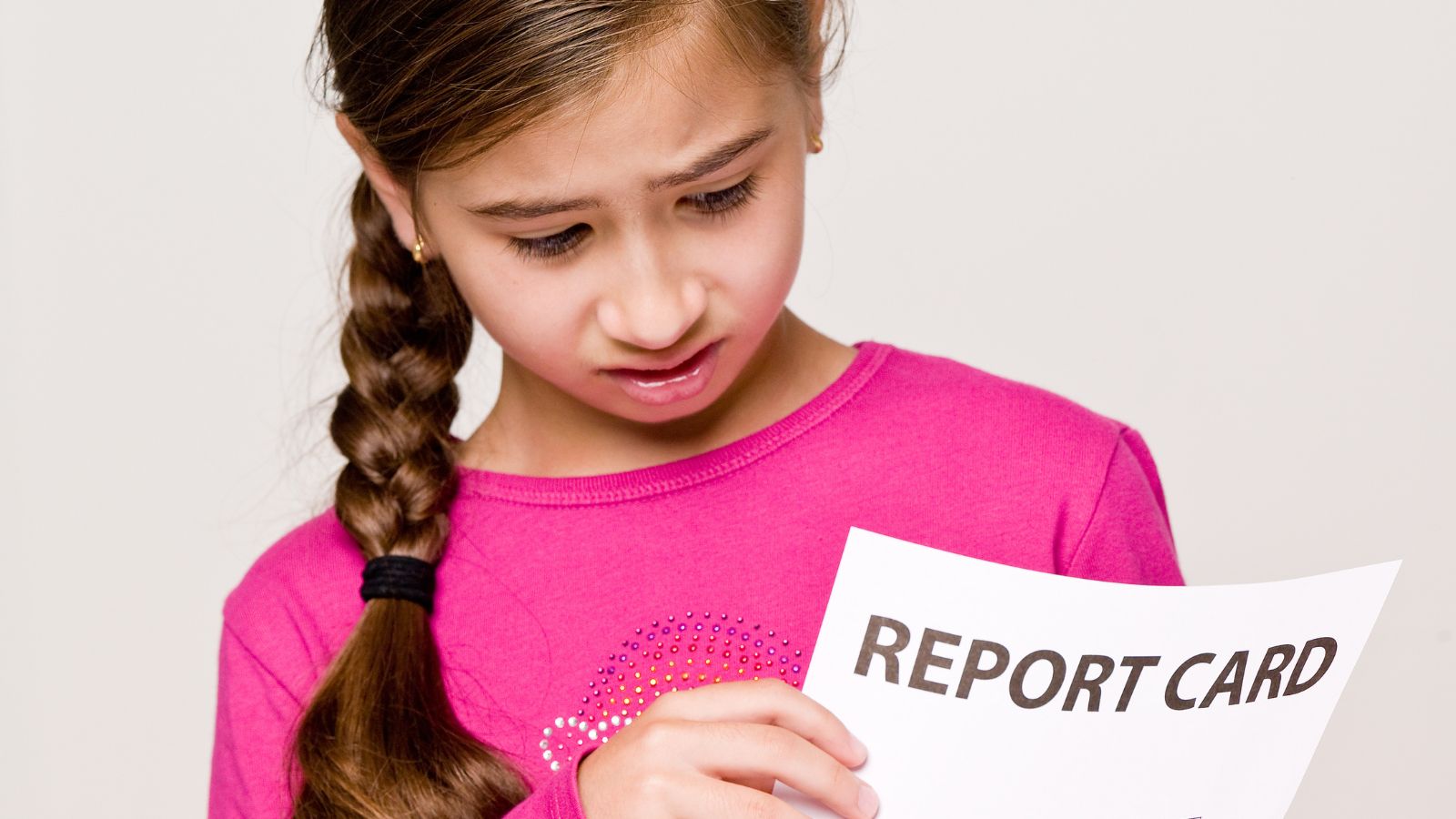 It’s that time of year when parents and kids anxiously await their first report card. School is often the toughest area of functioning for neurodivergent kids and teens because academic performance requires using all of the executive functioning skills with which they struggle. For neurodivergent learners classes can be interesting, compelling, boring and/or frustrating. Either way, kids with ADHD, learning disabilities, autism spectrum disorders or twice exceptionality often face significant challenges that impact their productivity, concentration and behavior. Even though they typically work hard to hold it all together at school as best they can, they frequently come home lacking the energy and focus to face homework, complete assignments and remember to turn them in. Receiving a surprising report card can be upsetting and possibly frustrating for a caregiver, but keep in mind that your child is upset too. In this blog, I will share relatable stories of kids with ADHD and how they feel about report card time and school and how you as a caregiver can manage your reaction appropriately to then find agreeable report card solutions with your child.
It’s that time of year when parents and kids anxiously await their first report card. School is often the toughest area of functioning for neurodivergent kids and teens because academic performance requires using all of the executive functioning skills with which they struggle. For neurodivergent learners classes can be interesting, compelling, boring and/or frustrating. Either way, kids with ADHD, learning disabilities, autism spectrum disorders or twice exceptionality often face significant challenges that impact their productivity, concentration and behavior. Even though they typically work hard to hold it all together at school as best they can, they frequently come home lacking the energy and focus to face homework, complete assignments and remember to turn them in. Receiving a surprising report card can be upsetting and possibly frustrating for a caregiver, but keep in mind that your child is upset too. In this blog, I will share relatable stories of kids with ADHD and how they feel about report card time and school and how you as a caregiver can manage your reaction appropriately to then find agreeable report card solutions with your child.
Teen Time: About Keiran
 Keiran a sophomore in high school has checked Schoology to see what’s coming and it’s not what he’d hoped for. He’s dreading Friday when his parents will receive his grades and ‘the talk’ that will follow. Keiran struggles with inattentive ADHD and writing skills. He has accommodations which help with this but it’s still tough. His U.S. history class often feels like drudgery and it’s tough for him to produce lab reports in his honors chemistry class. Instead of the A’s he aimed for, he’s receiving high C’s. Keiran is disappointed in himself, embarrassed and really doesn’t want his parents to know. Because they agreed that he was ready for more of a challenge in science which is his favorite subject. Now Keiran feels like he made a mistake and let them down.
Keiran a sophomore in high school has checked Schoology to see what’s coming and it’s not what he’d hoped for. He’s dreading Friday when his parents will receive his grades and ‘the talk’ that will follow. Keiran struggles with inattentive ADHD and writing skills. He has accommodations which help with this but it’s still tough. His U.S. history class often feels like drudgery and it’s tough for him to produce lab reports in his honors chemistry class. Instead of the A’s he aimed for, he’s receiving high C’s. Keiran is disappointed in himself, embarrassed and really doesn’t want his parents to know. Because they agreed that he was ready for more of a challenge in science which is his favorite subject. Now Keiran feels like he made a mistake and let them down.
As Ross Greene famously tells us, “children do well, if they can.” Because doing well is preferable to not doing well.
For neurodiverse kids, I would also add that kids do well when they have effective supports in place to shore up executive functioning challenges. When they are unable to manage school successfully, it’s not a question of poor willpower but rather a reflection that things aren’t set up adequately to foster this. Report cards are a concrete demonstration of what is working well and what isn’t. Instead of seeing them as an evaluation of your child’s performance and where a student is falling short, parents can use them as an opportunity for investigating and improving the school experience.
“I Hate it When Teachers Say…”
 Students with ADHD tell me that seeing how they are actually doing in terms of evaluations can be tricky. Kids may be sensitive or defensive about their grades and teacher comments if they dislike the teacher, if the results seem unfair or if the feedback seems overly critical. Without telling you directly, they often feel ashamed about their learning differences and their performance and show anger or disregard. Sasha, age 17, shared, “I hate it when teachers say. ‘You have so much potential. It’s a shame you can’t unlock it or be more disciplined.” Logan, age 11, told me, “It feels bad. I don’t really want to disappoint my parents but I frustrate them a lot, like with school because it’s hard for me.” Shame from repeated failures can push children, teens and adults with ADHD to hide or deny their mistakes (or report cards) and leads them to say negative statements to themselves such as “I’m stupid” or “I’m not good enough.” Shame also contributes to oppositional, angry behavior.
Students with ADHD tell me that seeing how they are actually doing in terms of evaluations can be tricky. Kids may be sensitive or defensive about their grades and teacher comments if they dislike the teacher, if the results seem unfair or if the feedback seems overly critical. Without telling you directly, they often feel ashamed about their learning differences and their performance and show anger or disregard. Sasha, age 17, shared, “I hate it when teachers say. ‘You have so much potential. It’s a shame you can’t unlock it or be more disciplined.” Logan, age 11, told me, “It feels bad. I don’t really want to disappoint my parents but I frustrate them a lot, like with school because it’s hard for me.” Shame from repeated failures can push children, teens and adults with ADHD to hide or deny their mistakes (or report cards) and leads them to say negative statements to themselves such as “I’m stupid” or “I’m not good enough.” Shame also contributes to oppositional, angry behavior.
How Parents Respond To Report Cards Is Crucial
How parents respond to any report card is crucial, especially one that is disappointing. Even though you too may feel frustrated, sad or even angry with your child’s performance, punishment, criticism or judgments will worsen the situation. How can you manage your feelings appropriately, talk about what’s going on calmly and offer effective support for moving forward together?  Start by managing your own reaction to the report card separately. Whatever your thoughts or feelings are, address these privately before you speak to your child or teen. Our kids have incredible radar and can pick up what’s going on for us immediately. They will sense your frustration or disappointment and react to that, rather than listening to anything that you say. Take the time and space you need to regulate yourself and reflect on how you want to approach this situation. Aim for being their ally instead of their critic. They’re probably already judging themselves enough for the both of you. Once you are settled, you are ready to follow these tips.
Start by managing your own reaction to the report card separately. Whatever your thoughts or feelings are, address these privately before you speak to your child or teen. Our kids have incredible radar and can pick up what’s going on for us immediately. They will sense your frustration or disappointment and react to that, rather than listening to anything that you say. Take the time and space you need to regulate yourself and reflect on how you want to approach this situation. Aim for being their ally instead of their critic. They’re probably already judging themselves enough for the both of you. Once you are settled, you are ready to follow these tips.
5 Ways To Manage ‘The Report Card’ Conversation
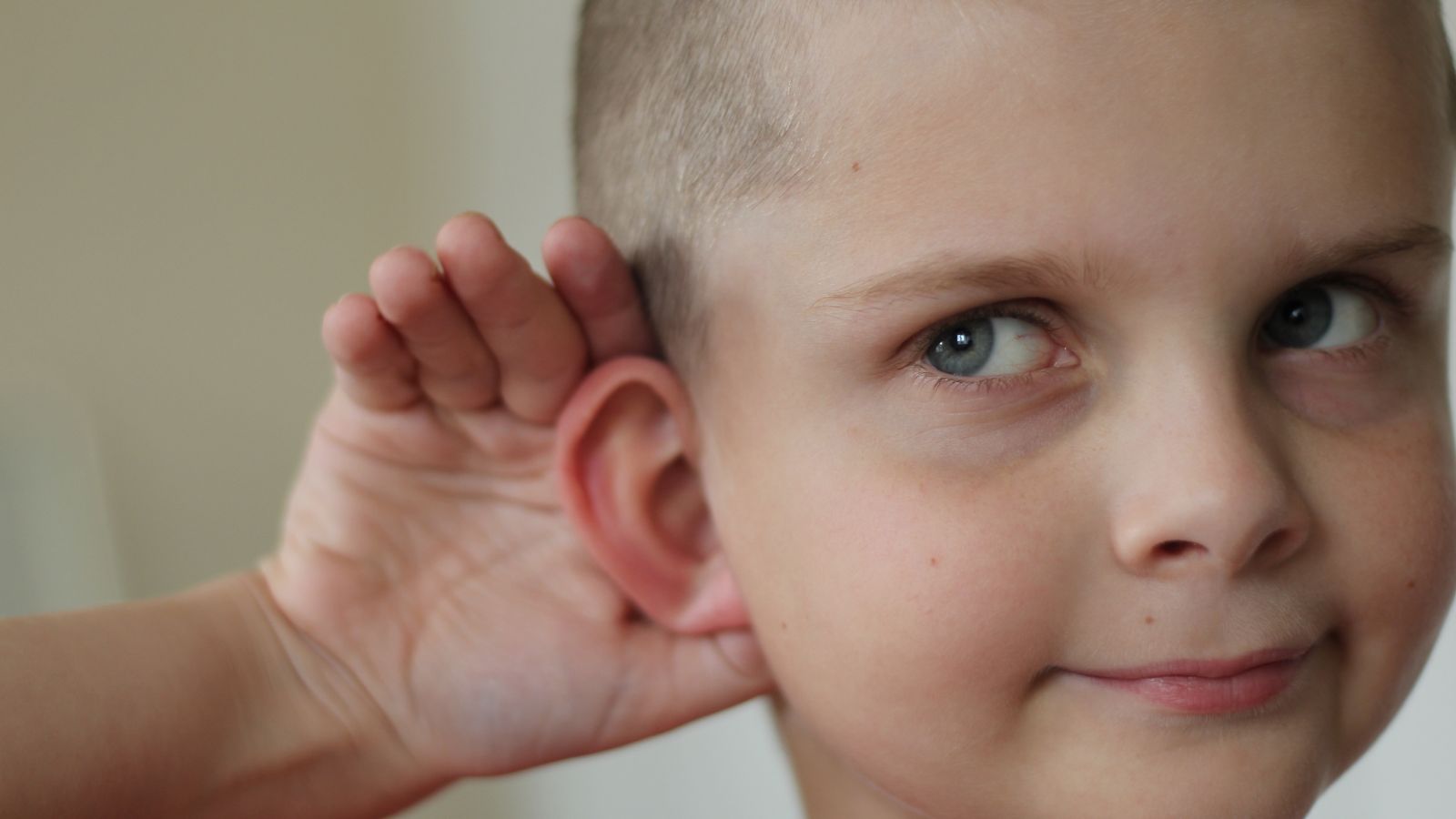 1. Listen first, ask questions after
1. Listen first, ask questions after
Your neurodiverse child or teen will feel likely feel anxious about discussing their report card with you. Whether or not they show it to you, kids want their parents’ respect, their approval and their love. Relieve their anxiety about you seeing their report card by acknowledging that you’ve seen it, explaining that you want to collaborate on making things better and then set aside some time when emotions have cooled to talk about it. Start by asking for their thoughts about school and ask them to name a few successes before focusing on the challenges. Use conversation openers such as ‘what, when and how’ instead of why. Reflect back what you hear so they feel listened to. Remember, your compassion about the challenges they experience at school (instead of your judgments) foster essential connections between parents/caregivers and kids.
2. Set realistic goals for the next quarter or trimester
Together, explore realistic goals for the next term based on their current performance. What hopes do they have for themselves? What types of support that have been helpful in the past would be useful now? Where could they benefit from more aide than they are currently receiving? Share your hopes as well and remind them of their capabilities. If they feel disliked by a teacher, or they don’t get along with someone or they are not receiving mandate accommodations, arrange a meeting at school with the guidance counselor, social worker/psychologist or principal to discuss your concerns and find a do-able solution.
3. Make sure adequate support is in place
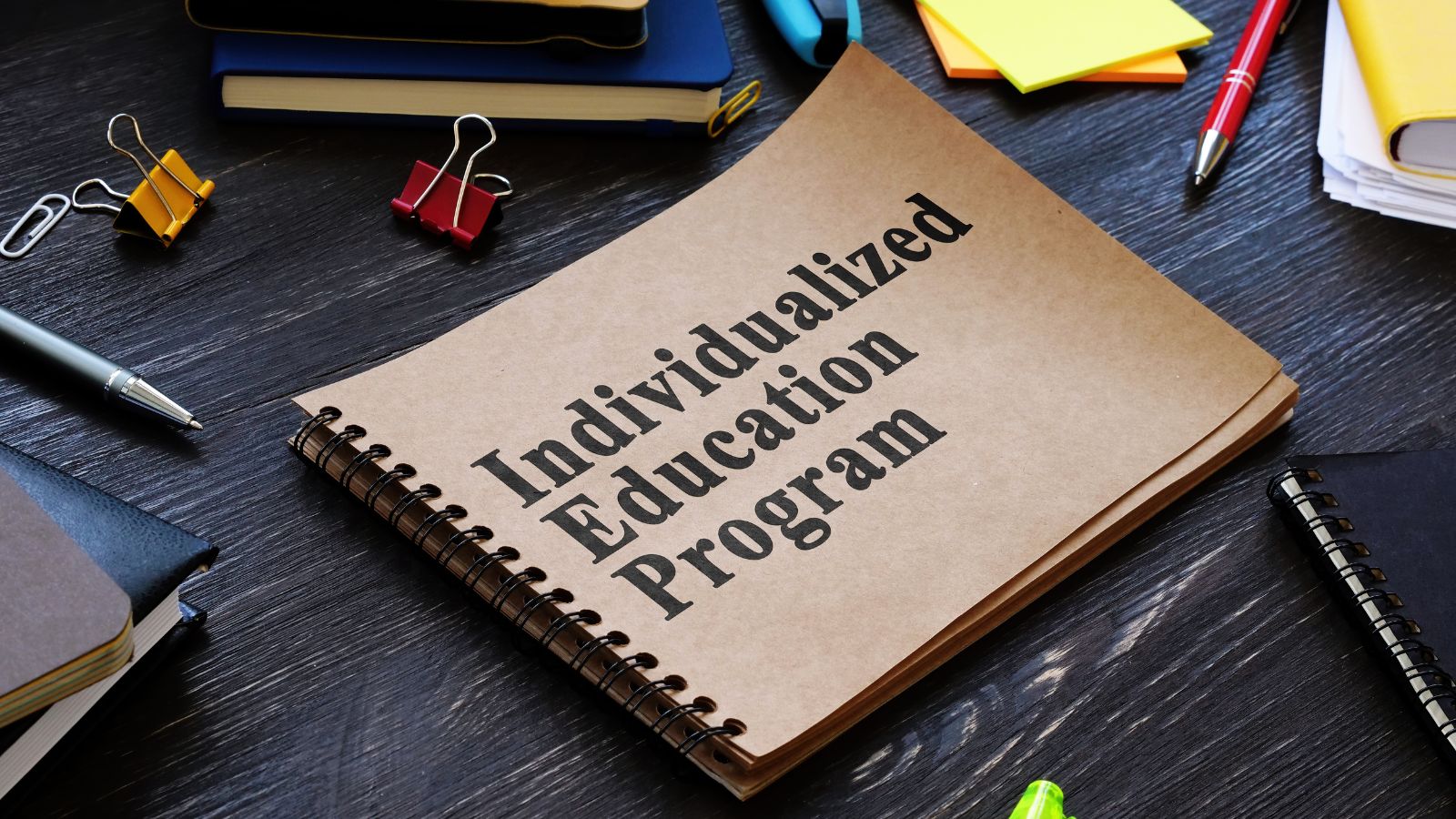 If your child or teen does not already have mandated supports at school (in the United States these would be 504, IEP and/or behavioral plans), then request a team meeting or fill out the necessary forms to get this process started. Low grades in school are a strong signal that something is up and it’s time to address it now. One of the toughest things for alternative learners is repeated school troubles (academic, social and behavioral) as these lead to negative self-esteem and a failure mentality over time. If a support plan is in place and your child is still struggling as evidenced by their report card, then set up a meeting with the team to find out why it’s not working better. In both of these cases, invite your child to participate for some portion of the meeting. The adults at school would benefit from hearing what they have to say.
If your child or teen does not already have mandated supports at school (in the United States these would be 504, IEP and/or behavioral plans), then request a team meeting or fill out the necessary forms to get this process started. Low grades in school are a strong signal that something is up and it’s time to address it now. One of the toughest things for alternative learners is repeated school troubles (academic, social and behavioral) as these lead to negative self-esteem and a failure mentality over time. If a support plan is in place and your child is still struggling as evidenced by their report card, then set up a meeting with the team to find out why it’s not working better. In both of these cases, invite your child to participate for some portion of the meeting. The adults at school would benefit from hearing what they have to say.
4. Avoid punishments and use logical consequences
Instead of thinking about things you can take away from your child as a punishment for their report card, flip this around to consider incentives and logical consequences. Punishments have been found not to be effective because they don’t teach any skills. Your child or teen with ADHD (and more) needs to learn executive functioning skills and the tasks related to daily living. We want to teach them that “have-to’s” stuff precede the “want-to’s.” They will eventually have to do this for themselves when they are older. Remember, if they do the things that need to get done, they can earn the fun stuff. If not, then they don’t. This gives them more control over the outcome and builds autonomy and choice simultaneously. This attitude lies at the heart of using logical consequences. When you work together to establish motivating incentives, you enable important focus and sustained attention to achieve the best results.
5. Set up an effective routine for studying at home
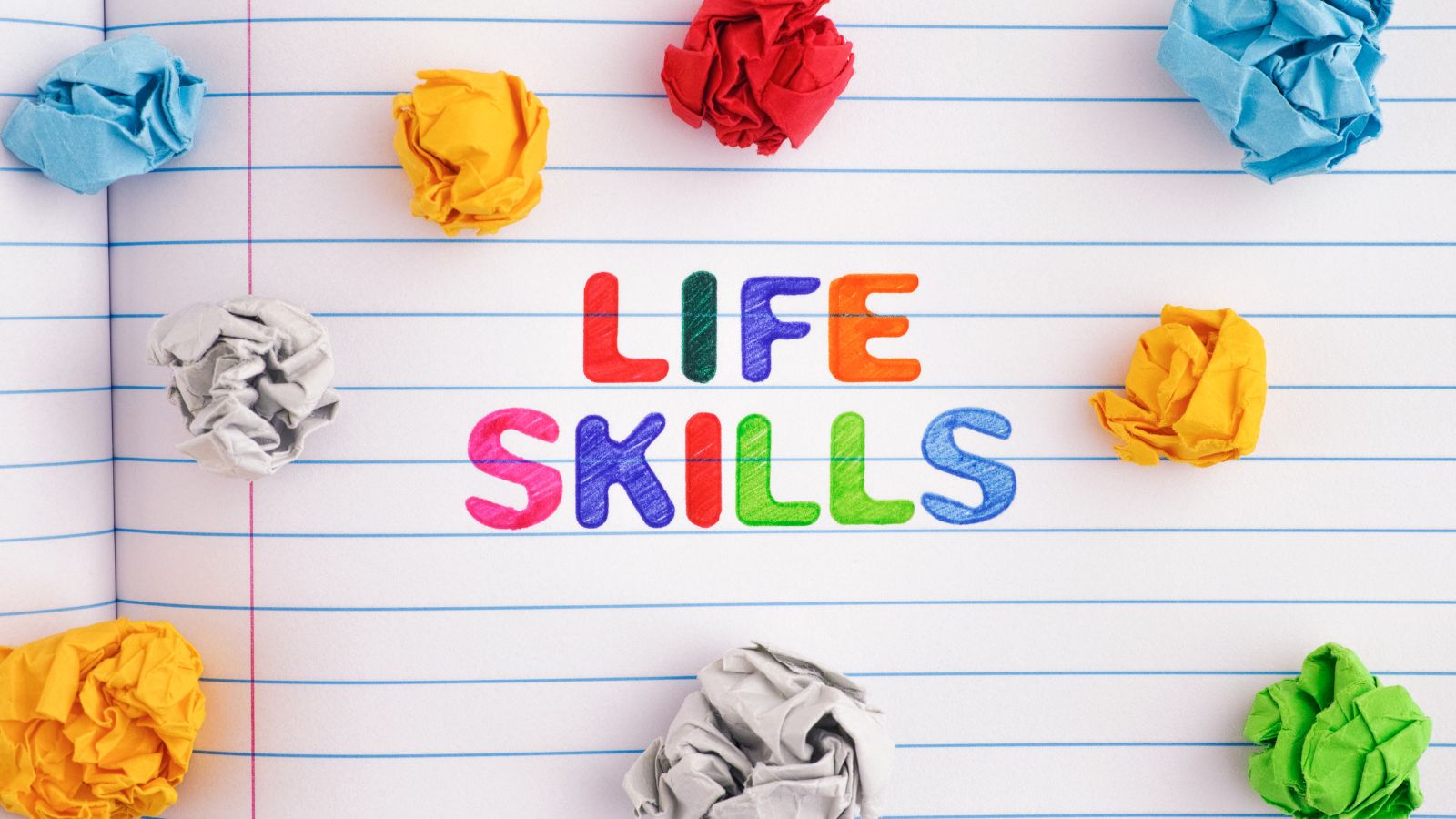 Good study habits go beyond just doing homework at a specific time. The surest way to counter your ADHD child’s forgetfulness, inconsistency and difficulty in focusing on homework is by setting up a routine of study habits. Followed by an incentive of an activity they enjoy and predictability to getting the job done. When your child has a daily routine for doing homework, they will have fewer opportunities for procrastination. Good study habits go beyond just doing homework at a specific time. Although you know your child best, it’s a collaborative approach that works best. Together, talk about your level of involvement in their schoolwork. Base the conversation on the reality of what’s really getting finished and turned in. Understand your child’s study patterns, and talk with you son or daughter about how they can best approach their homework. Then brainstorm a plan and expect to tweak it along the way. Remember, neurodiverse kids do well when they have effective support systems in place to shore up executive functioning challenges.
Good study habits go beyond just doing homework at a specific time. The surest way to counter your ADHD child’s forgetfulness, inconsistency and difficulty in focusing on homework is by setting up a routine of study habits. Followed by an incentive of an activity they enjoy and predictability to getting the job done. When your child has a daily routine for doing homework, they will have fewer opportunities for procrastination. Good study habits go beyond just doing homework at a specific time. Although you know your child best, it’s a collaborative approach that works best. Together, talk about your level of involvement in their schoolwork. Base the conversation on the reality of what’s really getting finished and turned in. Understand your child’s study patterns, and talk with you son or daughter about how they can best approach their homework. Then brainstorm a plan and expect to tweak it along the way. Remember, neurodiverse kids do well when they have effective support systems in place to shore up executive functioning challenges.
Follow me on social media: YouTube, Facebook, Twitter, and Instagram.
Invite Me to Speak | Join A Group | Newsletter | Read my blog
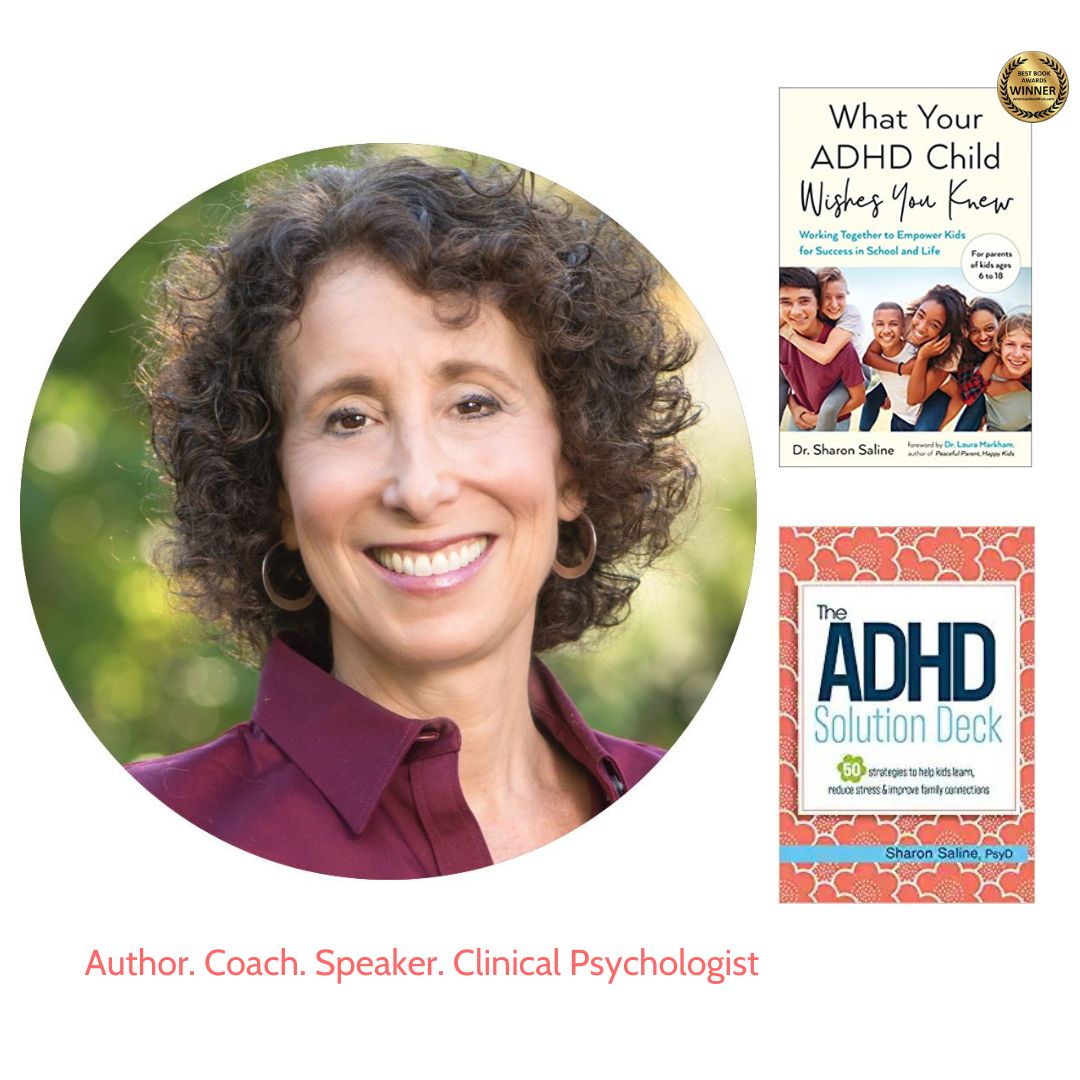
Sign-up for my newsletter today and receive 10% off!



